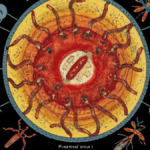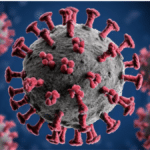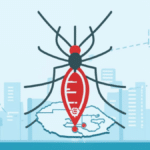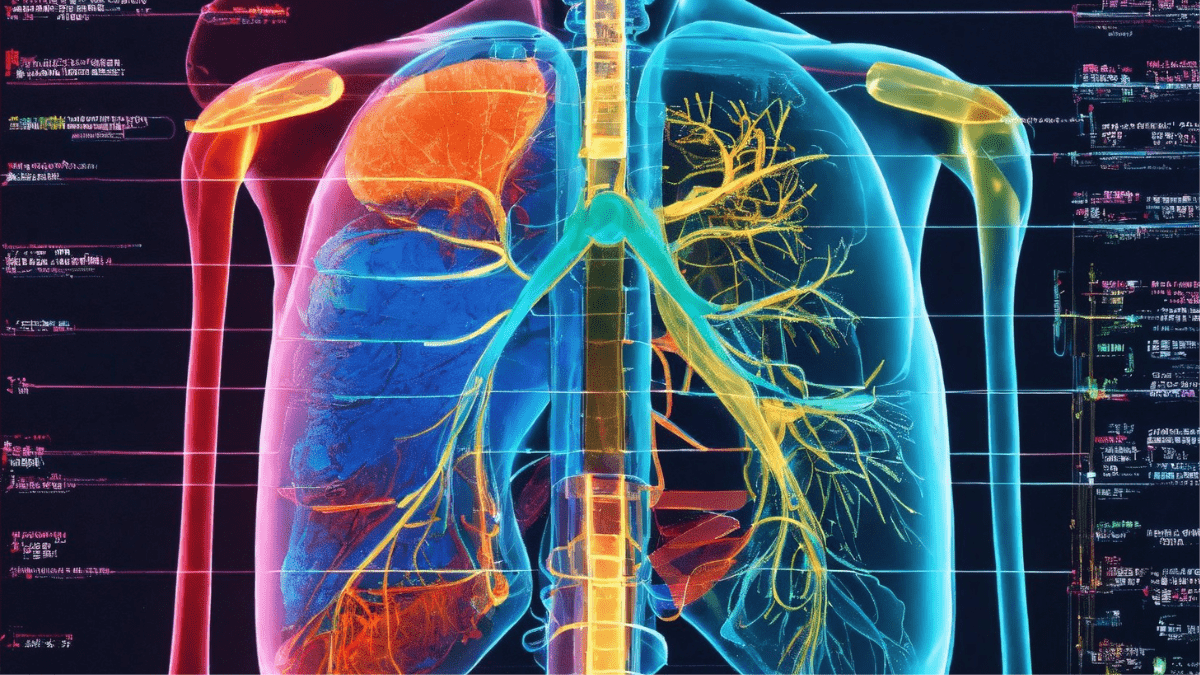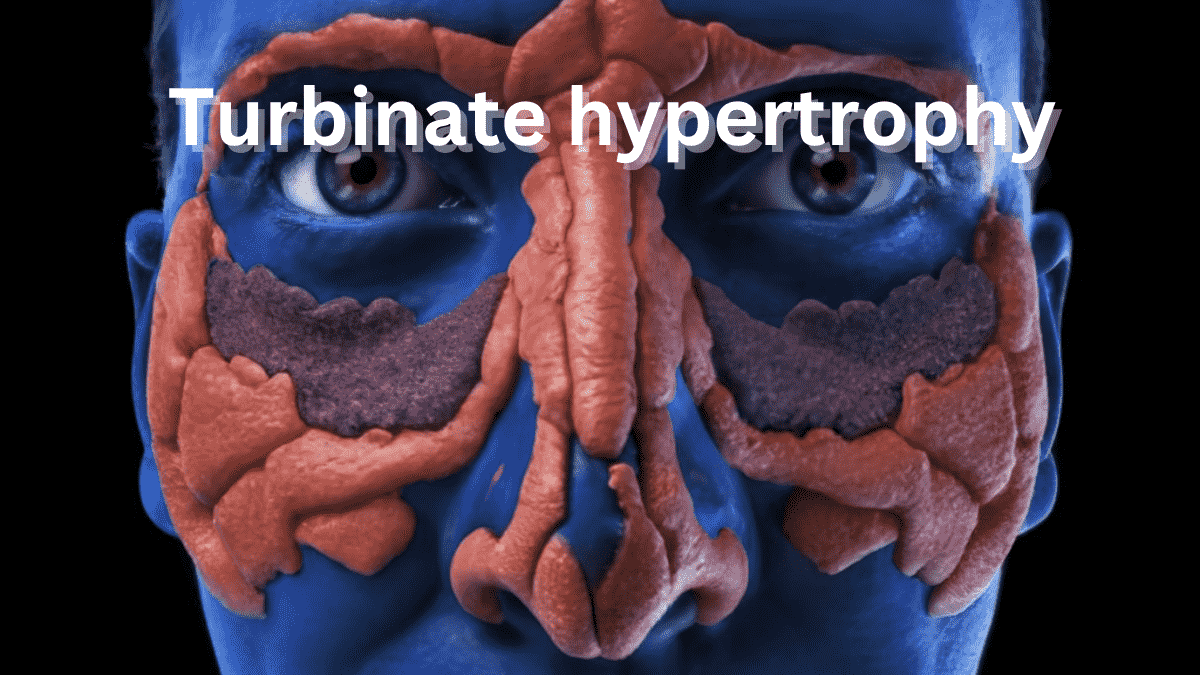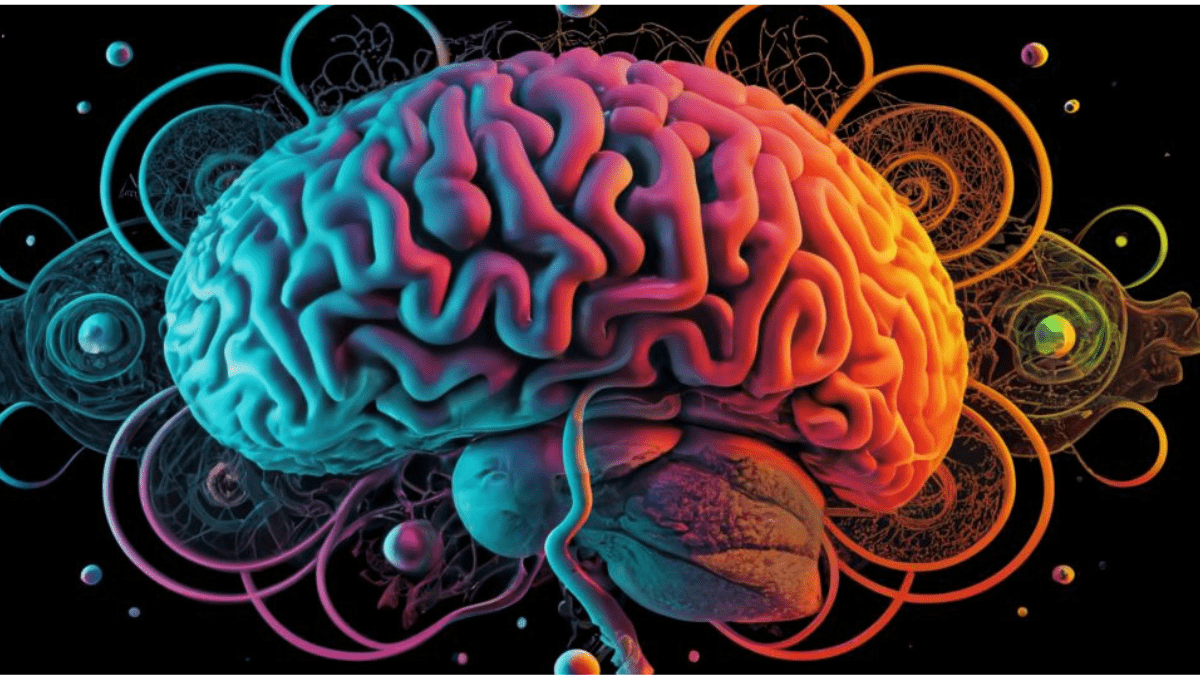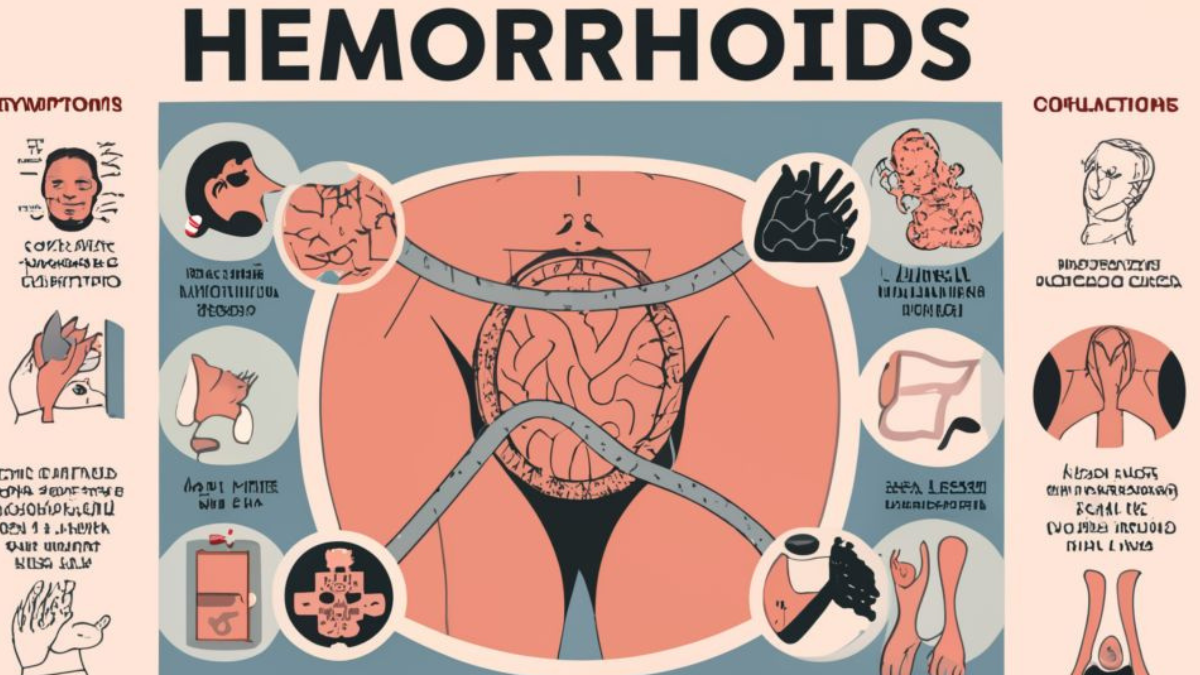Pneumonia, a word that evokes images of sickness and discomfort, is a common yet potentially serious respiratory infection. It affects millions of people worldwide every year, leading to significant morbidity and mortality. Understanding pneumonia, its causes, symptoms, treatments, and preventive measures, is crucial for both individuals and healthcare professionals alike. In this comprehensive guide, we delve into the depths of pneumonia to shed light on its various facets.
What is Pneumonia?
Pneumonia is an infection that inflames the air sacs in one or both lungs, filling them with fluid or pus, making it difficult to breathe. It can be caused by a variety of infectious agents, including bacteria, viruses, and fungi. It can range from mild to severe and can affect people of all ages, although it is most dangerous in young children, older adults, and those with weakened immune systems.
Symptoms of Pneumonia :
The symptoms can vary depending on factors such as the age and overall health of the individual, as well as the cause of the infection. However, common symptoms include:
- Cough, which may produce phlegm
- Fever, sweating, and chills
- Shortness of breath
- Chest pain, particularly when breathing or coughing
- Fatigue and weakness
- Nausea, vomiting, or diarrhea
In severe cases, it can lead to complications such as respiratory failure, sepsis, and lung abscesses.
Causes :
Pneumonia can be caused by a variety of infectious agents, with bacteria and viruses being the most common culprits. The bacteria Streptococcus pneumoniae (pneumococcus) is the most common bacterial cause of pneumonia, particularly in adults. Other bacteria, such as Haemophilus influenzae and Mycoplasma pneumoniae can be seen especially in children and young adults.
Viral pneumonia is often caused by influenza viruses, respiratory syncytial virus (RSV), and adenovirus. It tends to be less severe than bacterial pneumonia but can still lead to complications, especially in young children, older adults, and individuals with weakened immune systems.
Less commonly, It can be caused by fungi, such as Pneumocystis jirovecii, which typically affects people with weakened immune systems, including those living with HIV/AIDS.
Treatment :
The treatment depends on several factors, including the severity of the infection, the underlying cause, and the overall health of the individual. In many cases, pneumonia can be treated at home with rest, plenty of fluids, and over-the-counter medications to relieve symptoms such as fever and cough.
However, if it is severe or if the individual is at high risk of complications, hospitalization may be necessary. In the hospital, treatment may involve intravenous antibiotics for bacterial pneumonia or antiviral medications for viral pneumonia. Oxygen therapy may also be necessary to help improve breathing.
Prevention:
Preventing pneumonia involves a combination of lifestyle measures, vaccination, and good hygiene practices. Some key preventive measures include:
- Vaccination: Vaccines are available to protect against some of the most common causes of pneumonia, including the pneumococcal vaccine and the influenza vaccine. These vaccines are particularly important for young children, older adults, and individuals with underlying health conditions.
- Good hygiene: Practicing good hygiene, such as washing hands regularly with soap and water, can help prevent the spread of infectious agents that can cause pneumonia.
- Avoiding smoking: Smoking damages the lungs and weakens the immune system, making individuals more susceptible to respiratory infections . Avoiding smoking and secondhand smoke can help reduce the risk of it .
- Strengthening the immune system: Eating a healthy diet, getting regular exercise, managing stress, and getting enough sleep can help strengthen the immune system and reduce the risk .


